Experiencing a house fire is a traumatic event, and dealing with insurance in its aftermath can add to the stress. Understanding the reasons why insurance companies deny fire claims is crucial for homeowners. Our guide not only sheds light on these reasons but also provides practical advice to effectively handle claim denials.
Reasons Fire Claims Are Denied and How to Deal with Them
1. Unpaid Premiums: A Common Ground for Denial
Discovering that unpaid premiums have led to denied claims can be distressing. Insurance companies are strict about premium payments, and any lapse can void coverage. To avoid this, keep all payment receipts and correspondence. This documentation is vital in challenging a claim denial based on unpaid premiums
Immediate Action: Safeguard all payment receipts and related correspondences. A comprehensive record aids in effectively countering claim denials.

2. Deciphering the Fine Print in Insurance Policies
Often, the complex clauses in insurance policies are the basis for claim denials. It’s essential to thoroughly understand these details, particularly in areas prone to fires.
To shield yourself from unexpected claim rejections, it’s crucial to have an in-depth understanding of your fire insurance coverage. This segment dives into the various types of fires your policy should cover, critical coverage elements, and the often-overlooked policy exclusions. Staying informed about these facets ensures you’re adequately prepared.
3. Mastering Your Fire Insurance Coverage for Full Protection
Types of Fires: Comprehensive Coverage is Key
Wildfires and Residential Fires:
It’s vital to verify that your policy encompasses both wildfires and standard residential fires. In wildfire-prone areas, your coverage needs may extend beyond the basic policy, necessitating additional protection.
Coverage Elements: The Pillars of Your Policy
Dwelling Coverage:
Central to any fire insurance, dwelling coverage should be robust enough to fully finance the rebuild or repair of your home in case of fire damage.
Personal Property Coverage:
Assess whether your policy adequately covers the cost of replacing personal items lost or damaged in a fire. Underestimating this can lead to significant financial shortfalls.
Additional Living Expenses:
Ensure your policy includes coverage for additional living expenses, such as hotel stays and meals, in scenarios where a fire renders your home uninhabitable.
Navigating Policy Exclusions
Intentional Acts:
Be aware that fires arising from intentional acts or severe negligence are typically not covered. Understanding these terms helps prevent surprises during claim processing.
Specific Item Limits:
High-value items like jewelry or art may have coverage caps. If these items are integral to your lifestyle, consider securing extra coverage.
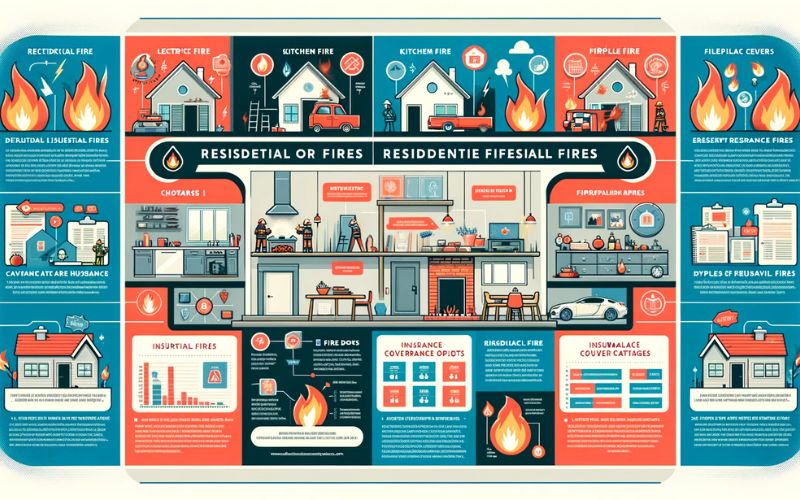
4. Illegal Activities
Allegations of illegality, ranging from arson to unpermitted structural modifications, are common anchors for claim denials. A transparent approach and strict adherence to legal protocols can insulate homeowners against such accusatory predicaments.
Immediate Action: Ensure stringent adherence to legal norms during any structural enhancements. Maintain a detailed dossier of permits and related documents as a protective measure.
5. Crafting a Comprehensive Claim File
A claim’s success is often tethered to the quality of information provided. Precision, completeness, and accuracy are non-negotiable elements. A meticulous approach to documentation can thwart potential denial on informational grounds.
Immediate Action: Capture exhaustive visual and textual records of the damages. A detailed claim file, enriched with images and descriptions, bolsters the claim’s robustness.
In Conclusion
A house fire, with its attendant devastation, is a monumental challenge. But embedded within this adversity is the resilience of the human spirit, ably complemented by our dedicated fire damage restoration team. We are not just technicians; we are your companions in this journey, blending expertise and empathy to transform devastation into restoration, denials into approvals. Reach out, and let’s script this recovery narrative together.



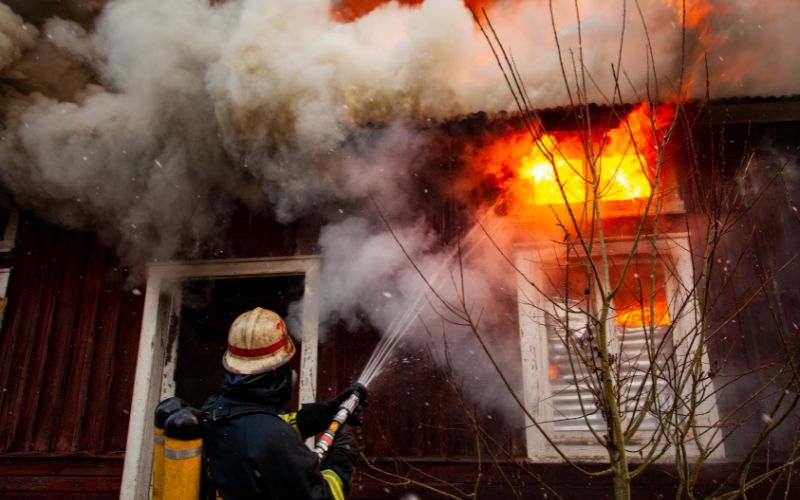
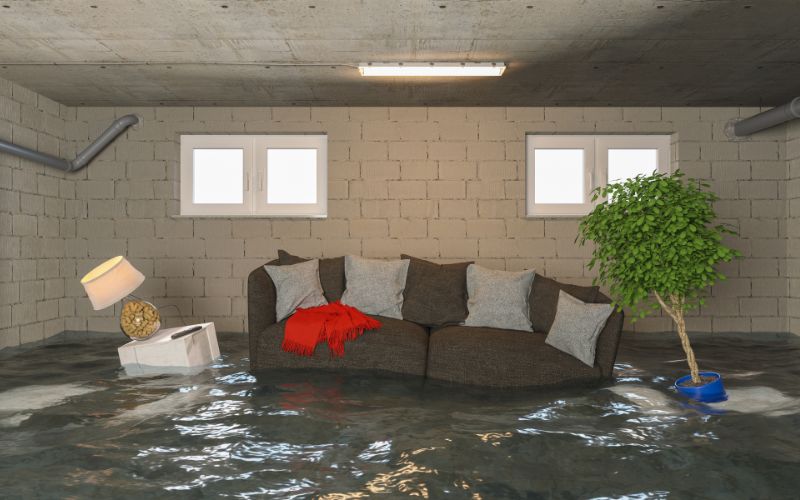
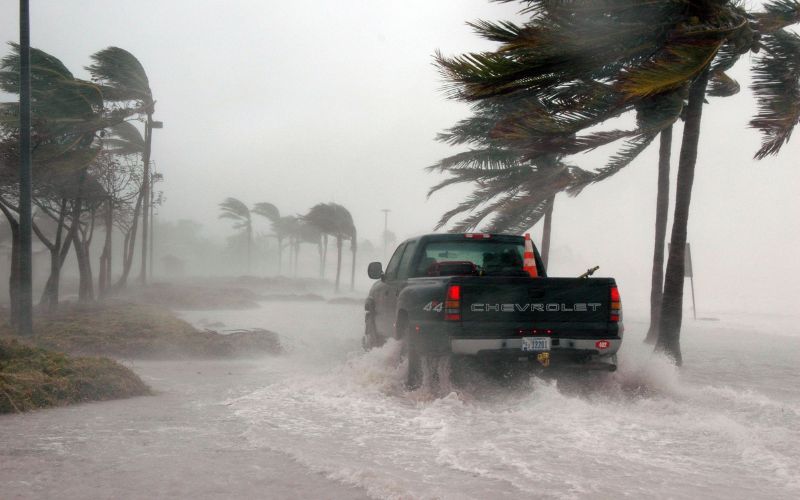
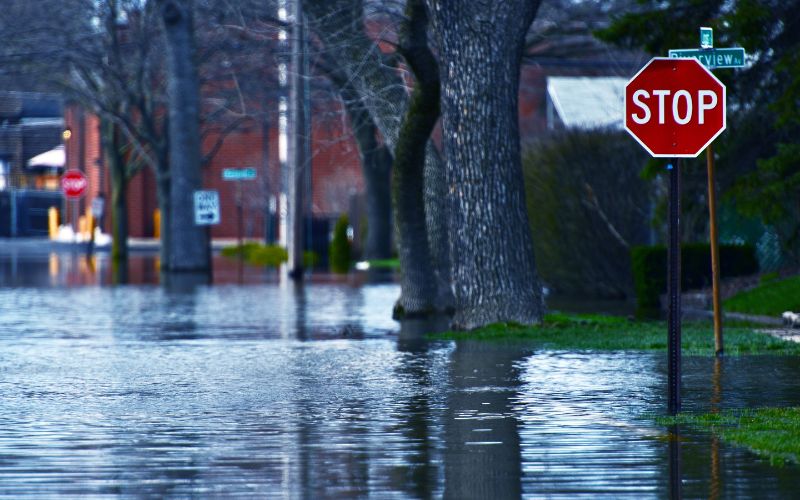
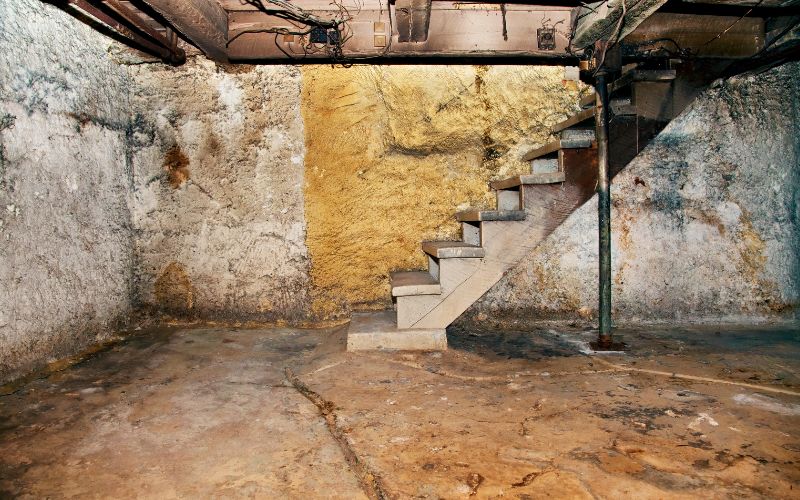




 by
by